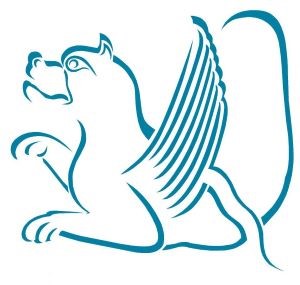#smrgKİTABEVİ Nations And Identities: The Case Of Greeks And Turks - 2016

Imagologists are used to dealing with the distinction between auto-image and hetero-image. What Millas's research has highlighted is something which, to my knowledge, has not yet been thematized in image studies, but which is of great importance: the collapse between auto-image and hetero-image, our image of the other's image. I think something as important as this "image of an image" deserves its own name, so that it can be thematized without circumlocutions. The term "meta-image" seems to present itself. Prof. Dr. J. Th. Leerssen, University of Amsterdam
HERCULES MILLAS Hercules (Iraklis) Millas was brought up in Turkey and presently lives in Greece. He has a Ph.D. degree in political science (1998) and a B.Sc. in civil engineering (1965). He worked as a civil engineer in Turkey, Greece, Indonesia, Saudi Arabia (1968-1985) and since 1985 he has focused on cultural activities. He published various books and articles, mostly on interethnic perceptions. He established the Greek literature department at Ankara University (1990-1995), he taught Turkish language and literature at various universities in Greece (1999-2008) and Greek-Turkish relations with respect to literary criticism and conflict resolution at Işık and Bilgi universities of Istanbul (2009-2010).
He participated in a project to assist minority youth in matters of education in Western Thrace, Greece (2005-2013). Together with N. Dinç he prepared a documentary, The Other Town, on how Greeks and Turks perceive each other. He participated in various conferences related to the above topics in more than fifteen countries. He has been a columnist in the Zaman (Istanbul) for the last twelve years. He received the 'Abdi Ipekçi Peace Award' in 1992, the 'Dido Sotiriou' award of the Hellenic Authors' Society in 2004 and the award of Free Thinking and Expression of Publishers' Association of Turkey in 2005.
Imagologists are used to dealing with the distinction between auto-image and hetero-image. What Millas's research has highlighted is something which, to my knowledge, has not yet been thematized in image studies, but which is of great importance: the collapse between auto-image and hetero-image, our image of the other's image. I think something as important as this "image of an image" deserves its own name, so that it can be thematized without circumlocutions. The term "meta-image" seems to present itself. Prof. Dr. J. Th. Leerssen, University of Amsterdam
HERCULES MILLAS Hercules (Iraklis) Millas was brought up in Turkey and presently lives in Greece. He has a Ph.D. degree in political science (1998) and a B.Sc. in civil engineering (1965). He worked as a civil engineer in Turkey, Greece, Indonesia, Saudi Arabia (1968-1985) and since 1985 he has focused on cultural activities. He published various books and articles, mostly on interethnic perceptions. He established the Greek literature department at Ankara University (1990-1995), he taught Turkish language and literature at various universities in Greece (1999-2008) and Greek-Turkish relations with respect to literary criticism and conflict resolution at Işık and Bilgi universities of Istanbul (2009-2010).
He participated in a project to assist minority youth in matters of education in Western Thrace, Greece (2005-2013). Together with N. Dinç he prepared a documentary, The Other Town, on how Greeks and Turks perceive each other. He participated in various conferences related to the above topics in more than fifteen countries. He has been a columnist in the Zaman (Istanbul) for the last twelve years. He received the 'Abdi Ipekçi Peace Award' in 1992, the 'Dido Sotiriou' award of the Hellenic Authors' Society in 2004 and the award of Free Thinking and Expression of Publishers' Association of Turkey in 2005.






























